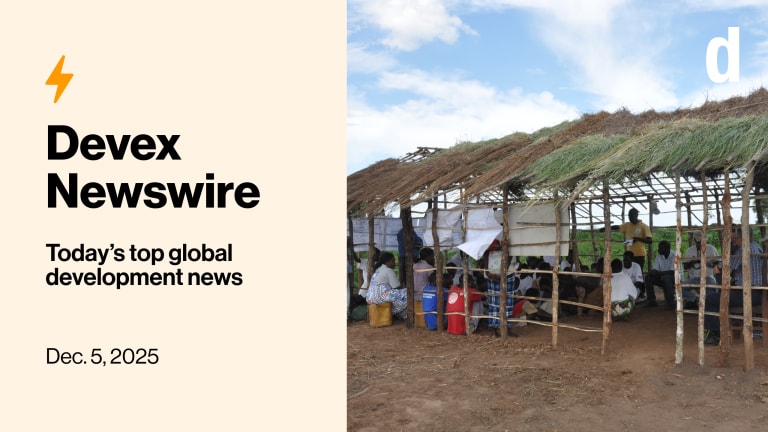
The World Bank has introduced a new curriculum on international development for Russian universities, the latest in its yearslong effort to build Russia’s capacity as a donor.
The course covers a wide range of topics on official development assistance, including trends in aid flow composition and distribution, monitoring and impact evaluation. It forms part of the World Bank-administered “Russia as a Donor Initiative,” launched in 2009 and funded by the U.K. Department for International Development.
Part of the initiative’s objectives is to help universities develop national training programs for those working in the field of international development in Russia, a way to widen Russians’ knowledge of development assistance.
This latest initiative underscores the push by Western leaders for Russia to build its donor potential. Russia provides humanitarian and development assistance — among its top priorities are education, energy, food and health — but the government has yet to create a coherent development cooperation program. For instance, the establishment of a Russian aid agency remains hazy, almost two decades after it was first proposed by former President Boris Yeltsin.
There have been strong arguments for Russia to boost its development cooperation. Seventy-five percenty of the Russian public found Russia’s humanitarian operations and development aid work “favorable,” according to a 2011 poll supported by the World Bank.
Read more development aid news online, and subscribe to The Development Newswire to receive top international development headlines from the world’s leading donors, news sources and opinion leaders — emailed to you FREE every business day.








